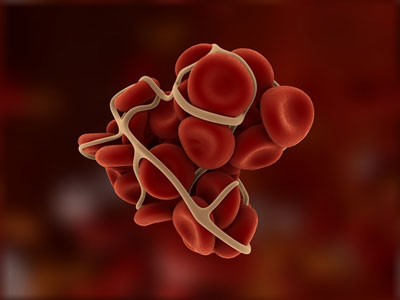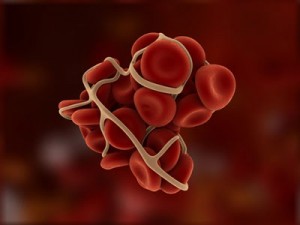NICE recommends Lixiana for treating and preventing potentially fatal blood clots
Posted: 13 July 2015 |
NICE has recommended anti-blood clotting drug Lixiana as an option for treating and preventing the recurrence of potentially fatal blood clots…


In draft guidance published today, the UK National Institute for Care and Health Excellence (NICE) has recommended Daiichi Sankyo’s anti-blood clotting drug Lixiana (edoxaban tosylate) as an option for treating and preventing the recurrence of potentially fatal blood clots.


Deep vein thrombosis (DVT) occurs when a blood clot forms in the deep veins, most commonly in the leg or pelvis. Blood flow through the affected vein can be limited by the clot, and can cause swelling and pain. If the blood clot dislodges and travels to the lungs, this can lead to a potentially fatal pulmonary embolism (PE) when the clot blocks the blood supply to the lungs. Even if blood clots are not fatal, they can still result in long-term illness, including venous ulceration and chronic pain, swelling and skin changes in the affected limb which can have a significant impact on quality of life.
Lixiana inhibits factor X – a key component in the formation of clots
Lixiana is an oral anticoagulant that directly inhibits factor X (factor Xa), which is a key component in the formation of blood clots.
Commenting on the draft guidance, Professor Carole Longson, NICE Health Technology Evaluation Centre Director, said, “The newer oral anticoagulants like edoxaban tosylate are an alternative to warfarin as the mainstay of treatment to prevent recurrent blood clots, however their use shows wide variation across the country. The reasons for this are many and varied but local clinical leadership and policies are likely to play an important role.
“For many people, using warfarin can be difficult because of the need for frequent checks to make sure their blood is clotting properly, and having to adjust the dose of the drug if it’s not. The Committee heard that the most important issue for patients is to have an effective treatment which minimises disruption to their day-to-day lives.
“The Committee concluded that patients value newer oral anticoagulants such as edoxaban tosylate, which cause less disruption to their day to day lives than warfarin. We are pleased, therefore, to be able to recommend edoxaban tosylate as a further cost-effective option for treating DVT and PE and preventing further episodes in adults.”
The draft guidance is now with consultees, who have the opportunity to appeal against it. Once NICE issues its final guidance on a technology, it replaces local recommendations across the country.
Related organisations
Daiichi Sankyo, National Institute for Health and Clinical Excellence (NICE)




